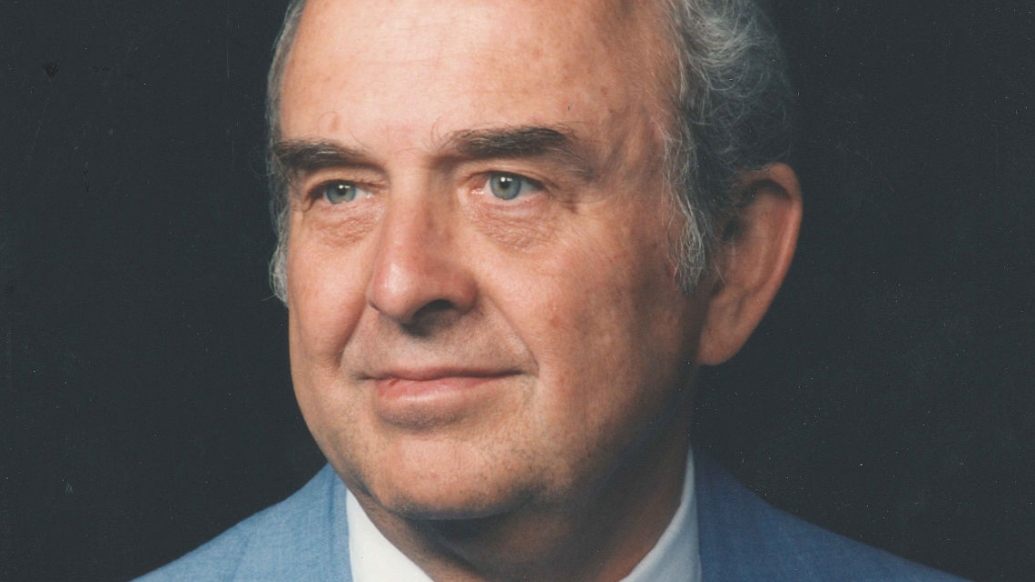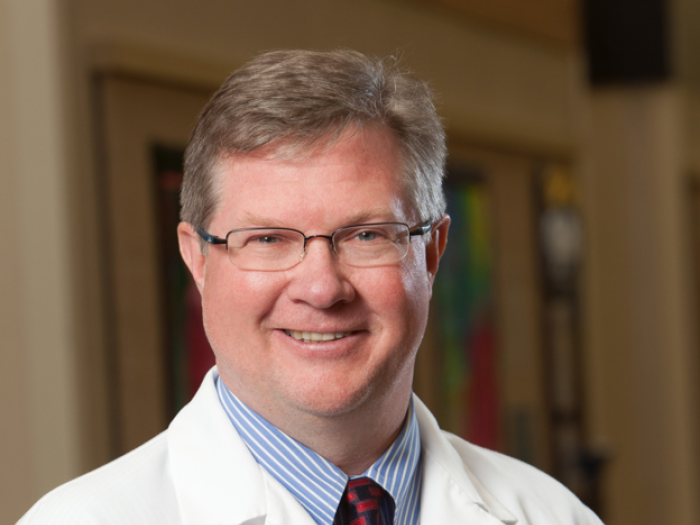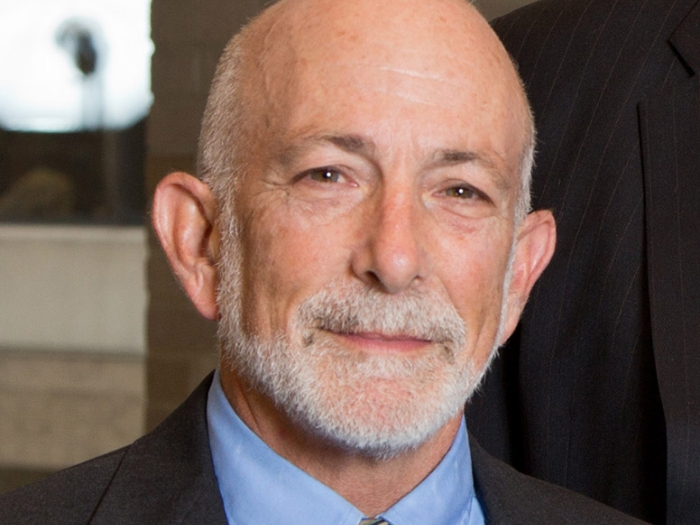
A. Kent Christensen, M.D., Ph.D., emeritus faculty member in the Department of Cell and Developmental Biology as well as a former chair of the department, died Nov. 17 due to complications following a stroke in Provo, Utah. He was 87.
Born Dec. 3, 1927, in Washington, D.C., Christensen was raised in Provo. He joined the Marine Corps after high school. He also served a two-and-a-half-year Latter Day Saints mission in France and Belgium beginning in 1949. He graduated from Brigham Young University with a degree in zoology and received a Ph.D. in biology from Harvard University in 1958. He continued postdoctoral studies while teaching and conducting research at Harvard, Stanford University, Temple University and the University of Michigan Medical School.
Christensen loved science, and sharing his knowledge and expertise. He was also a beloved teacher. Following his retirement in 2012, U-M honored him for achievements in teaching and research with the inauguration of the A. Kent Christensen Collegiate Professorship.
He loved traveling, learning languages, and reading literary and historical works in their original languages. Over the years he and his wife, Betsy, traveled many places including sabbaticals to Paris and Zurich.
He will be remembered for his quick wit and sly smile, well-worn stories and familiar sayings, clip-on bowties, passion for research and discovery, deep intellect, unwavering moral code, and love for family and traditions.
This obituary appeared in the University Record and has been edited for length and clarity.





